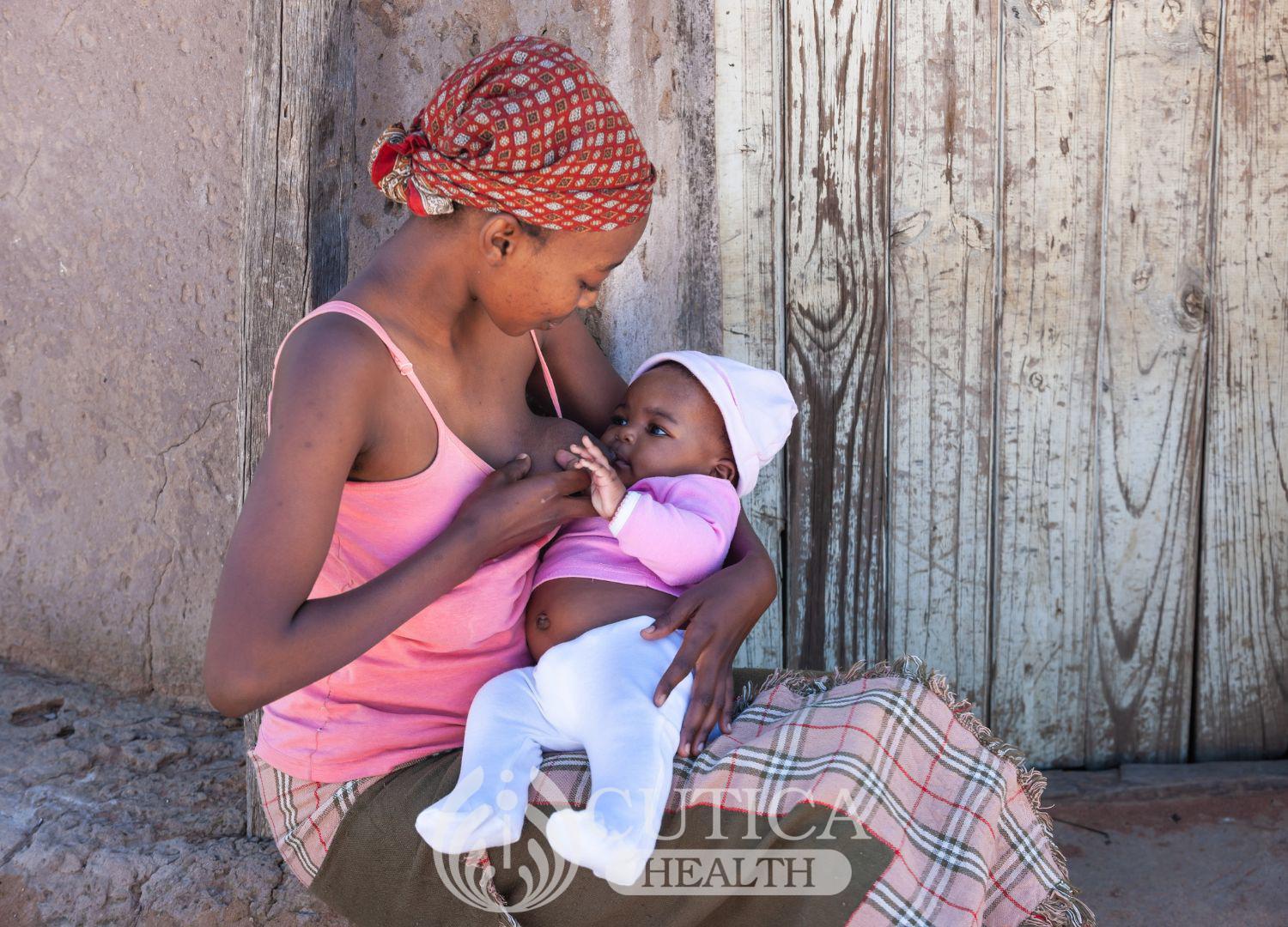
The most common infections leading to pelvic inflammatory disease (PID) are the common sexually transmitted infections (STIs) and upward migration of bacteria from the perineum, vagina, and cervix. Medical procedures may also introduce bacteria to the reproductive system, for example:
- During an IUD insertion
- After an abortion or miscarriage,
- When taking a biopsy sample (pap smear, endometrial biopsy, etc.)
- During childbirth
Lilian is a 21-year-old college student. One afternoon, she experienced severe backache, headache, lower abdominal pain, and felt cold. Two weeks prior, Lilian had had a foul-smelling vaginal discharge that was yellowish-green.
What are the symptoms of PID?

For some, PID symptoms may be mild or absent (asymptomatic). For mild to moderate PID, symptoms include:
- Lower abdominal pain
- Foul-smelling discharge
- Pain when passing urine
- Backache
- Pain during sex
- Headache
- Fatigue
Severe symptoms of PID include:
- high fever
- vomiting
- sharp severe lower abdominal pains
- dizziness or feeling faint
Risk factors
Your risk of getting a pelvic inflammatory disease is higher if you:
- Recently had an untreated sexually transmitted infection such as gonorrhea or chlamydia.
- Have multiple sexual partners
- High frequency of sexual intercourse
- Your partner has other sexual partners
- Prior history of PID
- Have an IUD and recently had an STI
- Have sex with multiple partners without a condom
- Douche – douching introduces micro-organisms into the vagina, and then ascends to the cervix, uterus, and fallopian tubes.
Diagnosis and Treatment

Medical history, physical examination, laboratory tests, and a pelvic scan helped in Lilian’s diagnosis of PID.
Apart from laboratory blood tests: urine tests, high vaginal swab, and cervical cultures help in isolating the specific micro-organisms causing PID.
Once the diagnosis is confirmed, antibiotics and other medications could be used to clear the infection and inflammation.
Early diagnosis and treatment prevent PID complications.
If the pelvic inflammatory disease is left untreated or mistreated, complications of PID may arise such as:
- Ectopic pregnancy (pregnancy occurring outside the uterus)
- Tubal blockage – Due to the formation of scar tissue in and outside the fallopian tubes.
- Infertility (inability to conceive)
- Chronic pelvic pain
How to prevent PID

Women who abstain from sex have very low risk of coming down with PID. If sexually active, the risk can be lowered by being in a mutually monogamous relationship with a partner who has tested negative for all STIs. Condom use helps prevent sexually transmitted infections that can lead to PID. Women sometimes assume that douching is a safe and healthy practice. This is not true. Douching has been linked to many health problems, including increased risk of PID. Avoid douching – If you have a discharge, get medical attention. Practice proper personal hygiene around the vagina and perineum. For example, wipe from front to back after using the toilet to avoid bacteria migration from the anus to the vagina and, from there, to the cervix.
To prevent complications of PID from delayed or mistreatment, you should:
- Visit your doctor if you see any of the symptoms mentioned.
- Immediately see the doctor if you and your sex partner suspect exposure to an STI.
- If below 25 years and sexually active, test for Chlamydia annually.
- If sexually active, have an open and honest conversation with your doctor about your sexual practices and ask whether to get tested for STIs.












